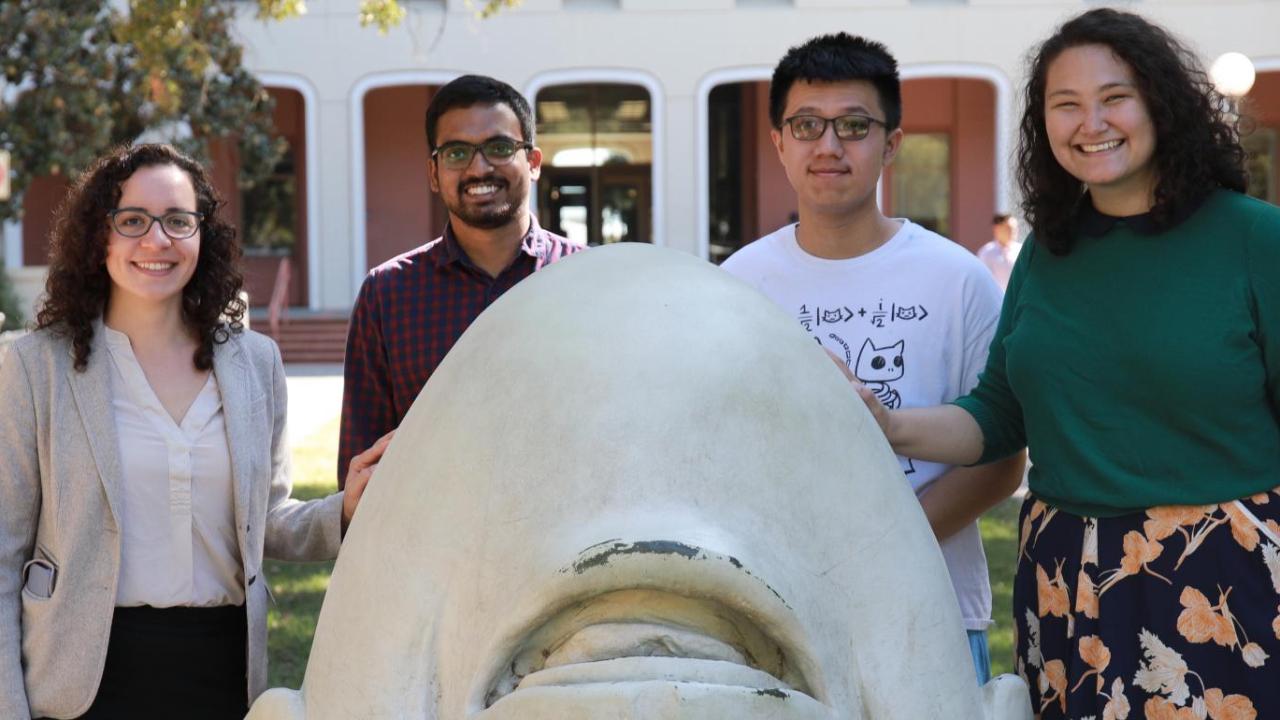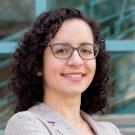
The Radulaski Group Published in Nature Materials
The Radulaski group at UC Davis' electrical and computer engineering department (ECE) has completed an international project on quantum emitter integration into nanodevices whose results have been published today in Nature Materials in a manuscript entitled Fabrication and nanophotonic waveguide integration of silicon carbide colour centres with preserved spin-optical coherence. The UC Davis team including Radulaski and ECE PhD students Sridhar Majety and Pranta Saha collaborated with scientists from the University of Stuttgart, Fraunhofer, Helmholtz and Leibnitz Institutes (Germany), University of Kyoto (Japan) and Linkoping University (Sweden). The project addresses integration of emitters in semiconductors, called color centers, into photonic devices in silicon carbide for applications in quantum communication and computing.
Radulaski explains: “This project is a part of our team’s research on triangular quantum photonics in silicon carbide which has been supported by the National Sciences Foundation CAREER grant. Strong interdisciplinary collaboration is key to bringing this technology closer to applications. One of our goals is to develop a quantum repeater, a key element in spanning quantum communication to long distances. Our result shows that optical and spin properties of silicon carbide color centers are preserved after integration into a triangular waveguide, which can efficiently guide emitted light through a single optical mode.”
The senior graduate student on the project, Sridhar Majety, reflects on the project: “I was motivated to study triangular devices as they are suitable for integrating the color centers in a scalable way, required for engineering large scale quantum systems. Through this work, we understood the limits of the emitter positioning inside the triangular devices and showed that the defects can be integrated without significantly deteriorating their prospects for quantum applications.”
Pranta Saha, a graduate student who completed part of his work prior to even arriving to UC Davis, due to pandemic delays, says: “This is my first time working in an international collaboration. It has been an amazing learning experience for a first-year Ph.D. student like me. Commitment, adaptability, and willingness to understand different perspectives have been the primary take-home lessons for me from this project.”

